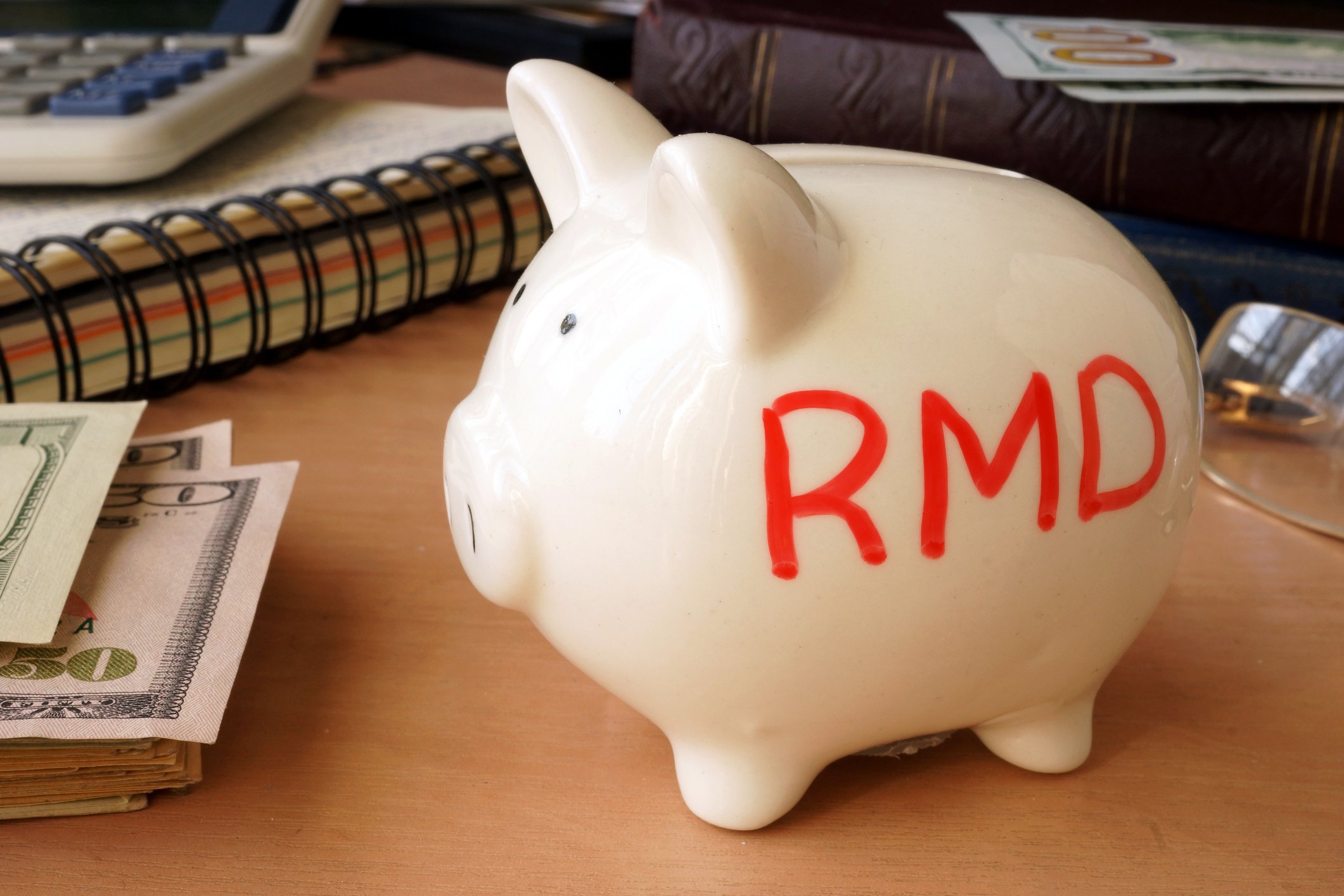It's critical that most of us save and invest for our retirement. Don't just save what you think you can and hope that it will be enough, though, as you don't want to run out of money before you run out of breath. Take some time to come up with an informed estimate of how much you will need in retirement, so that you're saving with a specific goal in mind. Here are three things to keep in mind, as told by our Fool contributors, as you try to figure out just how much money you really need for retirement.

Image source: Getty Images.
Set yourself up for a smaller number -- and a happier retirement
Jason Hall: There are actually two "how much" numbers for retirement: The first is how much you'll be able to count on from defined-payment benefit programs such as pensions and Social Security. The second is how much you'll need to have in retirement savings to bridge the gap between what your pensions and Social Security cover, and what they won't.
One of the best ways to give yourself a bigger margin of safety is to arrive at retirement with as little debt as possible. This is particularly true for costly debt such as consumer credit accounts, with their high interest payments, but it doesn't stop there, with nearly twice as many homeowners 65 and older still paying mortgages today, versus a couple of decades ago:

The bottom line is this: By eliminating or at least reducing your debt before you retire, you'll need less money. You'll also be more likely to avoid the financial pitfalls that forces many people to have to go back to work in retirement to make ends meet.

Image source: Getty Images.
You'll need less -- or more -- than you think
Selena Maranjian: There are various ways to estimate how much money you'll need for retirement, and it's well worth crunching your own numbers so that you're not basing your financial future on guesses. But as you go about estimating, keep in mind that in many ways, you'll likely spend less -- or more -- than you expect to in retirement.
Why might you spend more than you think you will? Well, for starters, there's healthcare. You probably appreciate that it's very costly for most of us these days but you might not realize how costly. According to Fidelity Investments, a 65-year-old couple retiring this year will spend about $260,000 out of pocket on healthcare in retirement. That's more than a quarter of a million dollars! Meanwhile, if you have big retirement dreams, they can cost a lot, too. Want to travel extensively? Take up golf or take flying lessons? Want to fly your family to visit you for the holidays each year? Those can all be expensive undertakings. As you get older, you may also want to start paying others to do things you used to do yourself, such as trimming hedges and shoveling snow.
On the other hand, take a moment to appreciate how your costs can go down, too. For one thing, you'll no longer have to buy office attire, which can be pricey. You'll no longer be commuting, either -- so the amount you spend on gas and tolls and car maintenance can decline, too. If you used to buy your lunch most days when you worked, you can reap major savings by preparing most of your own lunches in retirement. If you've finally paid off your home -- which is a smart thing to do before retiring -- then you won't face mortgage payments.

Image source :Getty Images.
You'll never really know until you find your "Enough"
Brian Stoffel: Let's face it: Life as an adult can get hectic. In our rush to be the best employee/mom/dad/brother/sister/neighbor/friend, we rarely leave time for any real reflection. That helps feed an epidemic we have in America: mindless -- and sometimes conspicuous -- consumption.
In short, this means we don't think deeply about what we're purchasing, and even when we do, what we buy is often based on boosting our status, rather than helping meet our internal needs. Every time we imagine how good we'll feel from the new house, car, or gadget -- and then act on that impulse -- we're giving in to this form of consumption.
I argue that to really take control of our possessions, we need to figure out what our level of "Enough" really is. While the specifics vary, researchers have found that what it really takes to be happy is a combination of connections to family and friends, a certain level of autonomy over our time, meaningful pursuits, and having our basic physical needs met. Almost everything else is superfluous.
What does this have to do with retirement? Everything! Once we figure out our level of Enough, then we have a realistic -- and often much smaller -- income figure to shoot for in our golden years. Everyone's level will be different, but by taking an intentional approach, we might be surprised by how little we really need.





